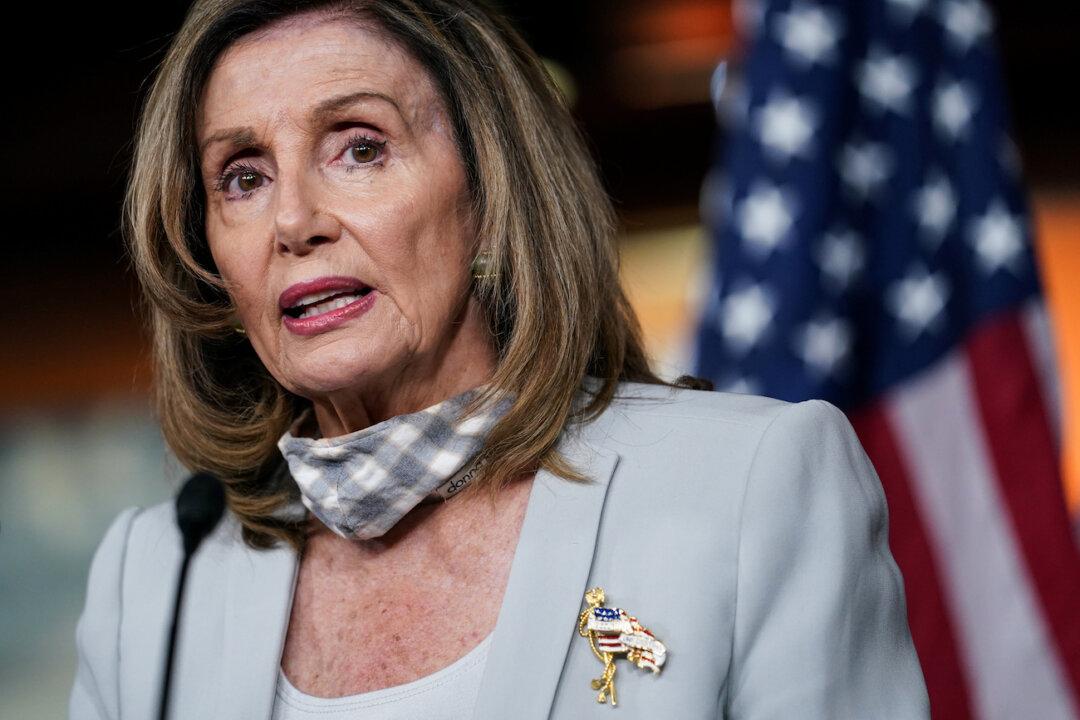House Speaker Nancy Pelosi (D-Calif.) said in a statement to her Democratic colleagues on Friday that while she’s hopeful the sides will reach agreement on a CCP virus relief bill as talks continue, there remain key areas of “significant disagreement.”
Pelosi identified five “notable areas of concern” in which the sides do not see eye-to-eye: unemployment insurance, state and local funding, child care support, money for testing and tracing, and appropriations.





